mybin = b'abcdefghij'
a = ''.join([str(i) for i in mybin]) # Line 1
print (a)
a = ''.join(str(i) for i in mybin) # Line 2
print (a)
Both print the same output. So what does the extra square bracket do in this case? And if it doesn't make a difference in this example, other are there other situations where this can make a difference?
